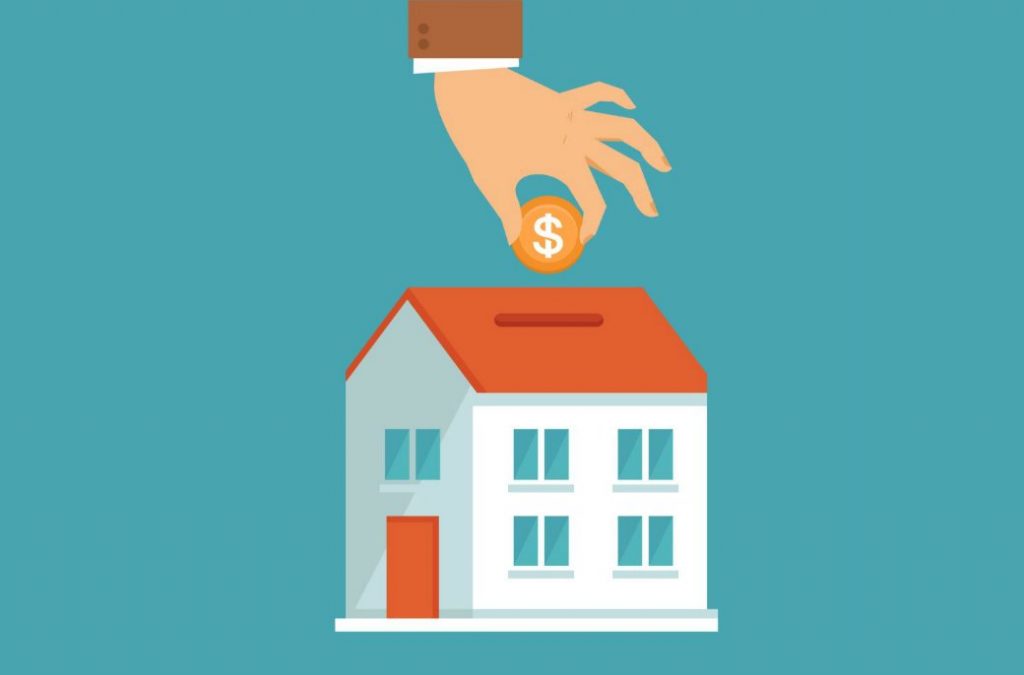If you are a first-time buyer wonder what information you need and how to get a mortgage, then you have come to the right place. This article takes you through the insider tricks and tricks on securing that first mortgage without being ripped off or taken advantage of. If you decide that you want to learn how to refinance your first mortgage, there are many great articles that go further into that process.
Navigate the article
#1 Have your documents ready
You need to have your documents ready, meaning your last two years of your taxes, your pay stubs/proof of weekly income. Along with the latest credit card statements or anywhere else you owe debt to, you will need to have all that documented.
Having the documents you need and having the latest information will go a long way in obtaining your first mortgage.
Contributor: Marshall Armond from CreditRevo.com
#2 Get pre-approved for a mortgage before looking for a house
This way you will know how much you can afford and your offers will be stronger because the owners will know your financing will sail through without a hitch.
Contributor: Brian B. Simmons, CEO of askalender.com
#3 Seek out state-based assistance programs in your state
There are many programs that offer grants and loans that can be used for down payments or closing costs. Search for [STATE NAME] Housing Finance Commission for a start.
Contributor: Brian B. Simmons, CEO of askalender.com
#4 Veterans Affairs (VA) home loans have the lowest interest rates
If you or your spouse is a veteran or active member of the armed services, Veterans Affairs (VA) home loans have the lowest interest rates and offer no down payment mortgage programs.
Contributor: Brian B. Simmons, CEO of askalender.com
#5 The U.S. Department of Agriculture (USDA) have great rates
If you are buying in a rural (or many suburban) areas, home loans from the U.S. Department of Agriculture (USDA) have great rates and low or no down payment options. Check with your lender. The USDA loan eligibility map is bigger than you might think.
Contributor: Brian B. Simmons, CEO of askalender.com
#6 You don’t always have to choose between location, price, and amenities
When looking for a house, you don't always have to choose between location, price, and amenities. You often can use a Federal Housing Administration (FHA) renovation loan - the 203(k) - on a fixer-upper in the location you desire to turn it into the home you always wanted at a much lower cost than buying a new home.
Contributor: Brian B. Simmons, CEO of askalender.com
#7 Work with the right lender
The single most important agenda item in getting one’s first mortgage is to work with the right lender. It’s critical that the lender have sufficient experience and knowledge, as well as having access to the widest possible number of programs. This is a necessary first step.
The best way to find this lender is to talk to a successful real estate agent. A good agent will necessarily have several dependable lenders with whom they consistently work: their business depends upon it. Furthermore, a referral to a lender from a Realtor will carry far more weight than would a phone call out of the blue: the lender will want to maintain their good relationship with the Realtor, who is likely a very good source of business and income for them. The first-time borrower can draft off of the inertia from that relationship. It basically means instant VIP status.
The worst way to find a lender is from a newspaper or online ad. Most of these advertisements are in place to generate contact information and then are immediately sold to the highest bidder (and then sold again and again and again). A contact with one of these advertisers will result in a deluge of phone calls, usually made by a telemarketing loan officers sitting in phone banks spread somewhere throughout the country. They cover a massive volume of potential borrowers and exist in a numbers-game focused world - not one focused on customer service and the typically high-information-needing first-time borrower. And their rates and fees are usually not better (and are sometimes much worse!) than the local professional that would be referred by a local Realtor.
Contributor: Michael Hausam from hausamgroup.com
#8 Be prepared for the conversation with the lender
This includes having access to all asset, debt, and income information. A borrower should understand exactly what is their income, what are their monthly debts and outstanding balances, and exactly how much money they have in their checking, savings, investment, and retirement accounts. Accumulating all the supporting documentation for this is incredibly helpful as well: 2 years tax returns, 1-month paystubs, 3 months of account statements.
The more detailed of an understanding that a borrower has about their financial picture, the easier the conversation will be with the lender.
Part of preparation will include knowing their credit history, as well. A lender will want to know and if the borrower has already gone to www.freecreditreport.com (or some such free site), they’ll be that more able to assist. Credit Karma or some other site is insufficient: they don’t pull as much information as do the credit bureaus themselves.
Contributor: Michael Hausam from hausamgroup.com
#9 Be open to asking a million questions
Be open to asking a million questions and acknowledging when the lender uses unintelligible industry jargon. There are myriad moving parts in a mortgage loan and most of the details are esoteric and wholly confusing to an outsider.
As a result, insiders use all kinds of words and phrases, assuming the listener is fully comprehending. It’s OK to say, “Wait a minute, that thing you just said? I have NO idea what it means!” A good lender should be patient and thorough, willing to slowly walk the borrower through every step of the process; but the borrower needs to get that ball rolling by asking the questions in the first place!
Contributor: Michael Hausam from hausamgroup.com
This post was created with our nice and easy submission form. Create your post!










